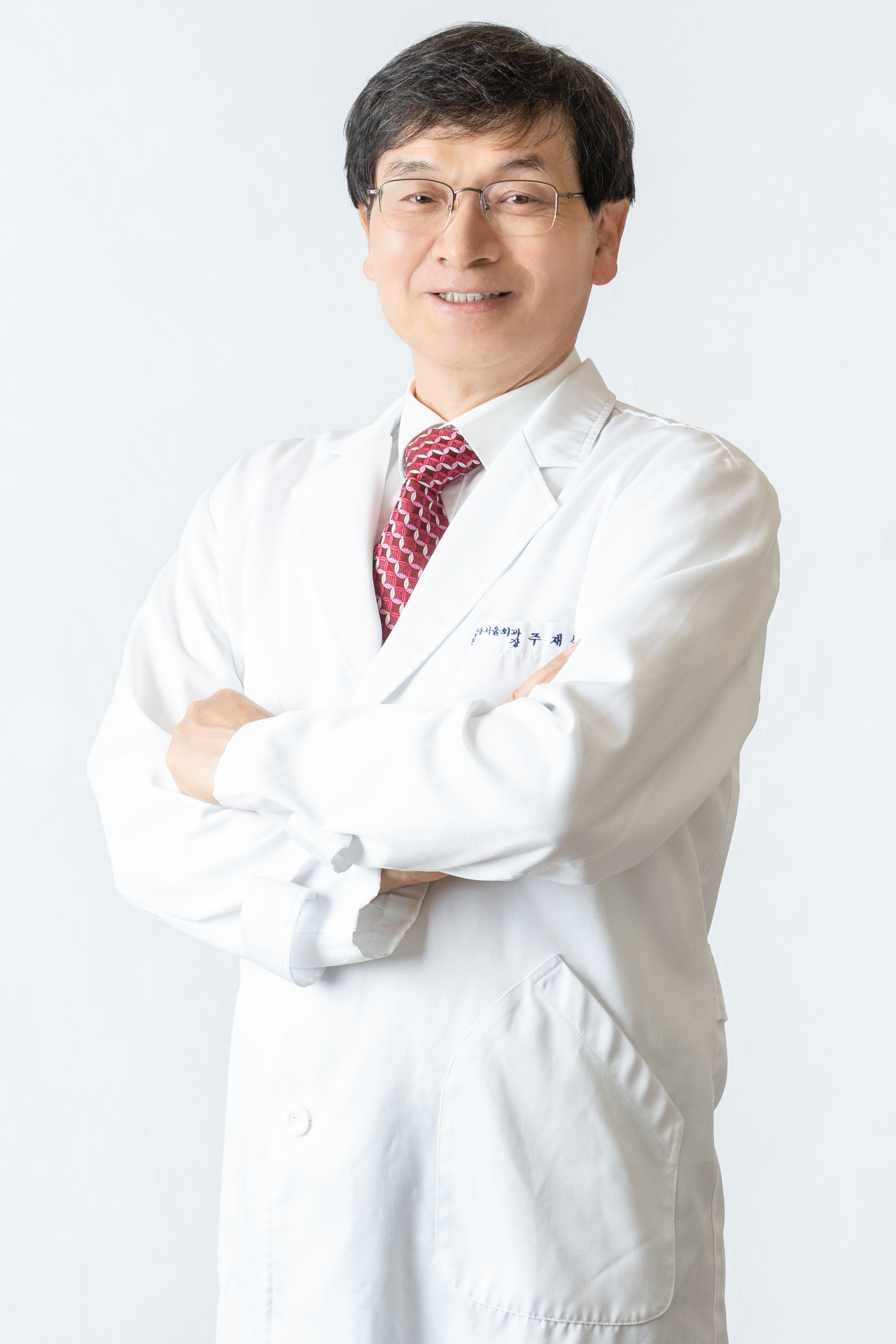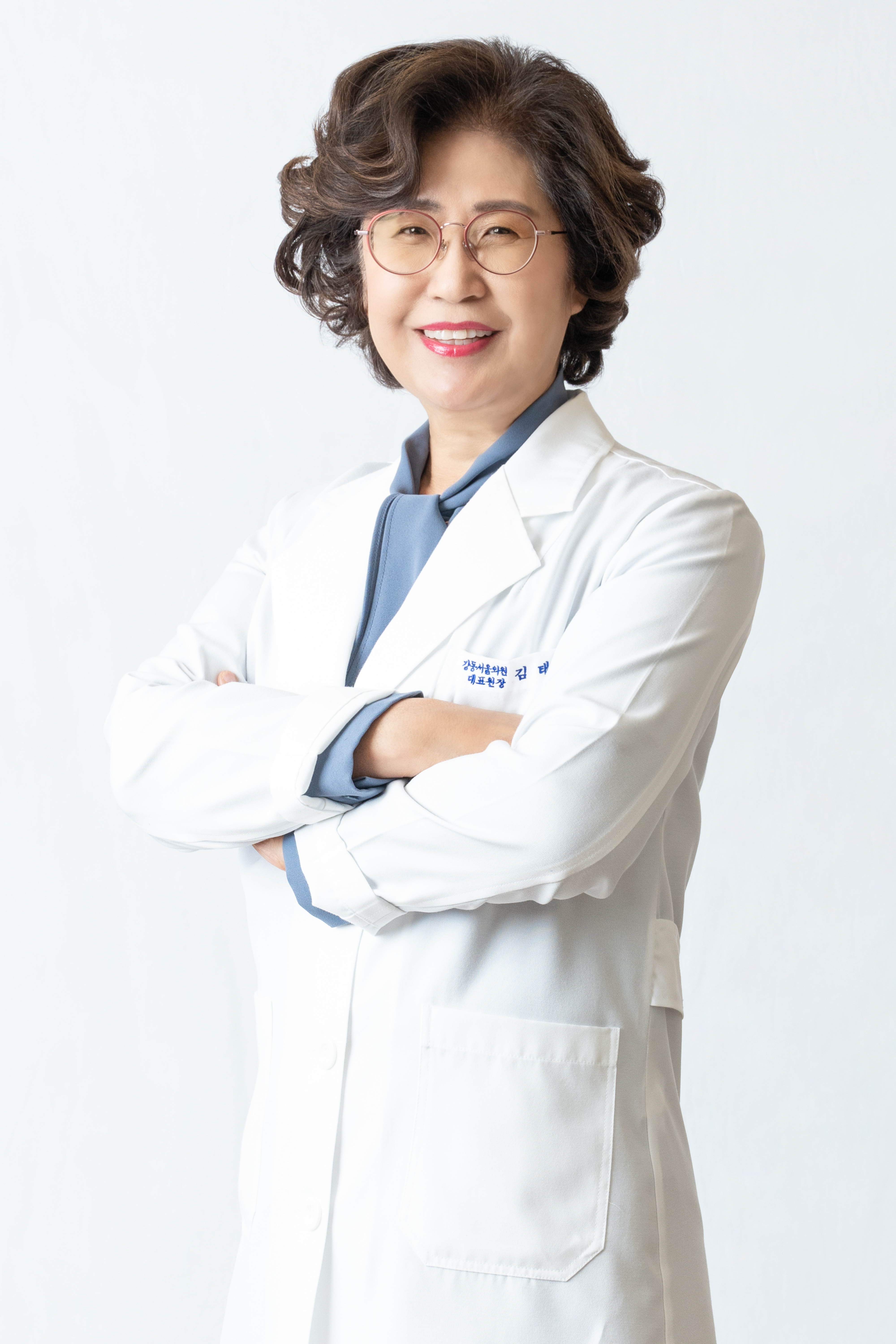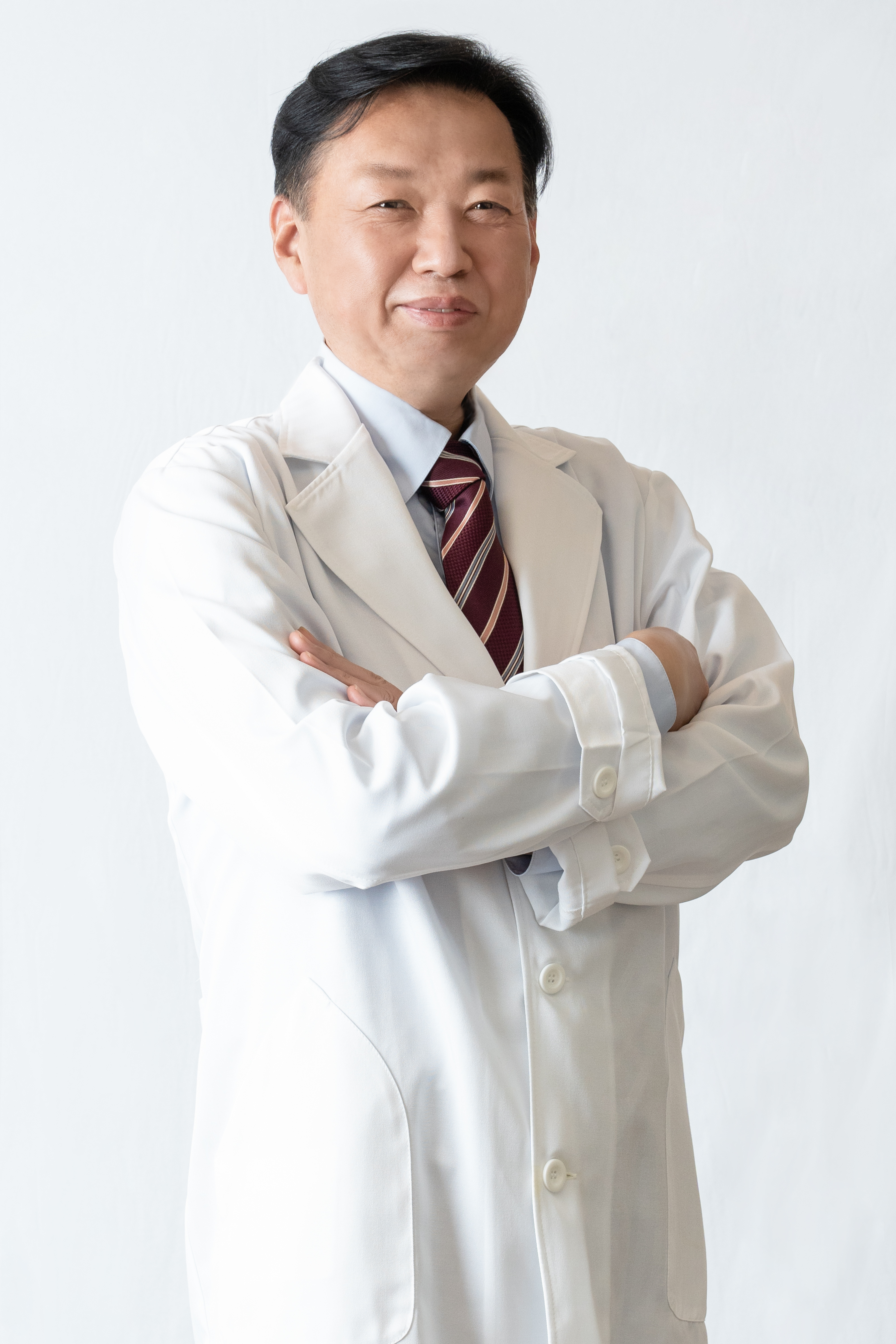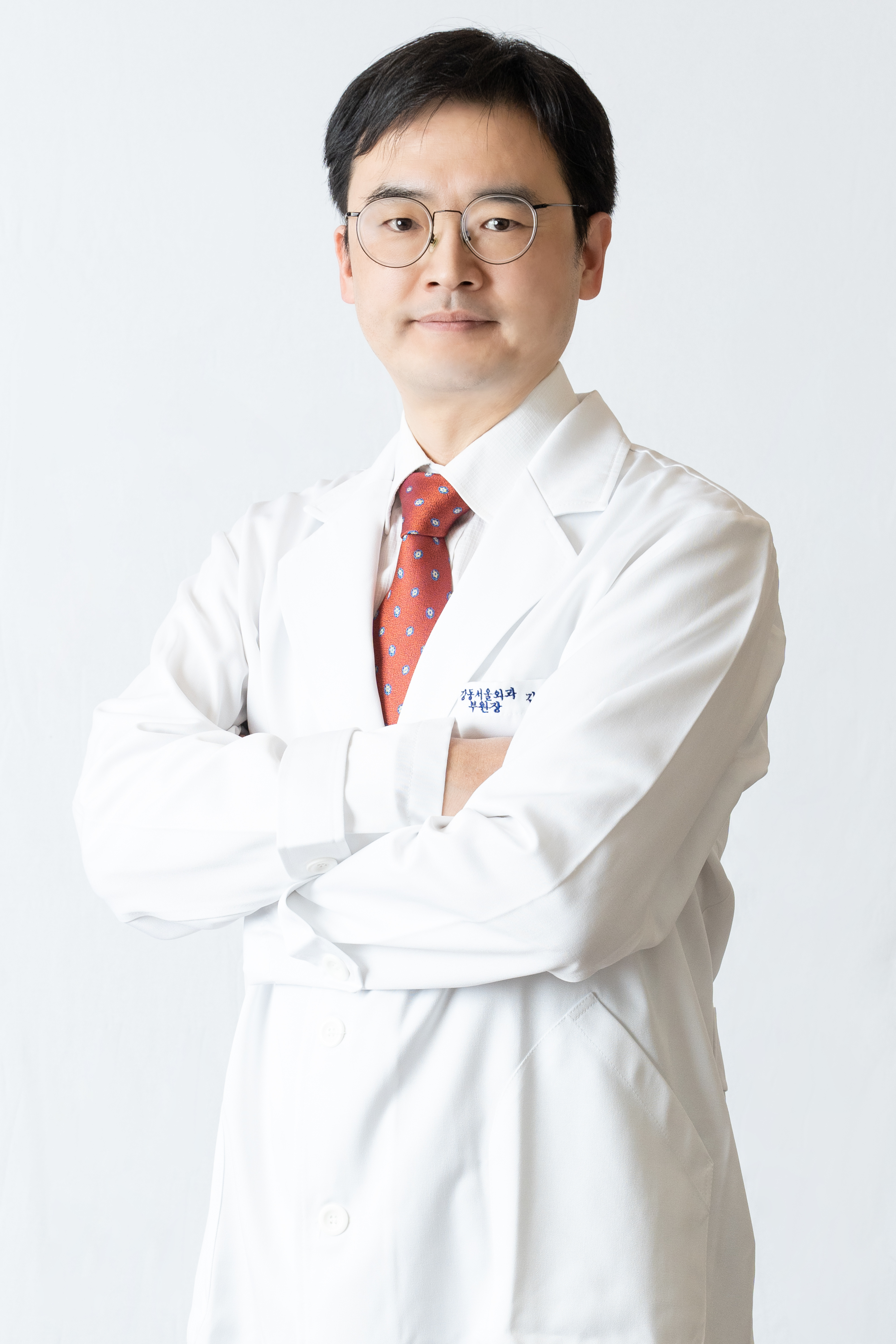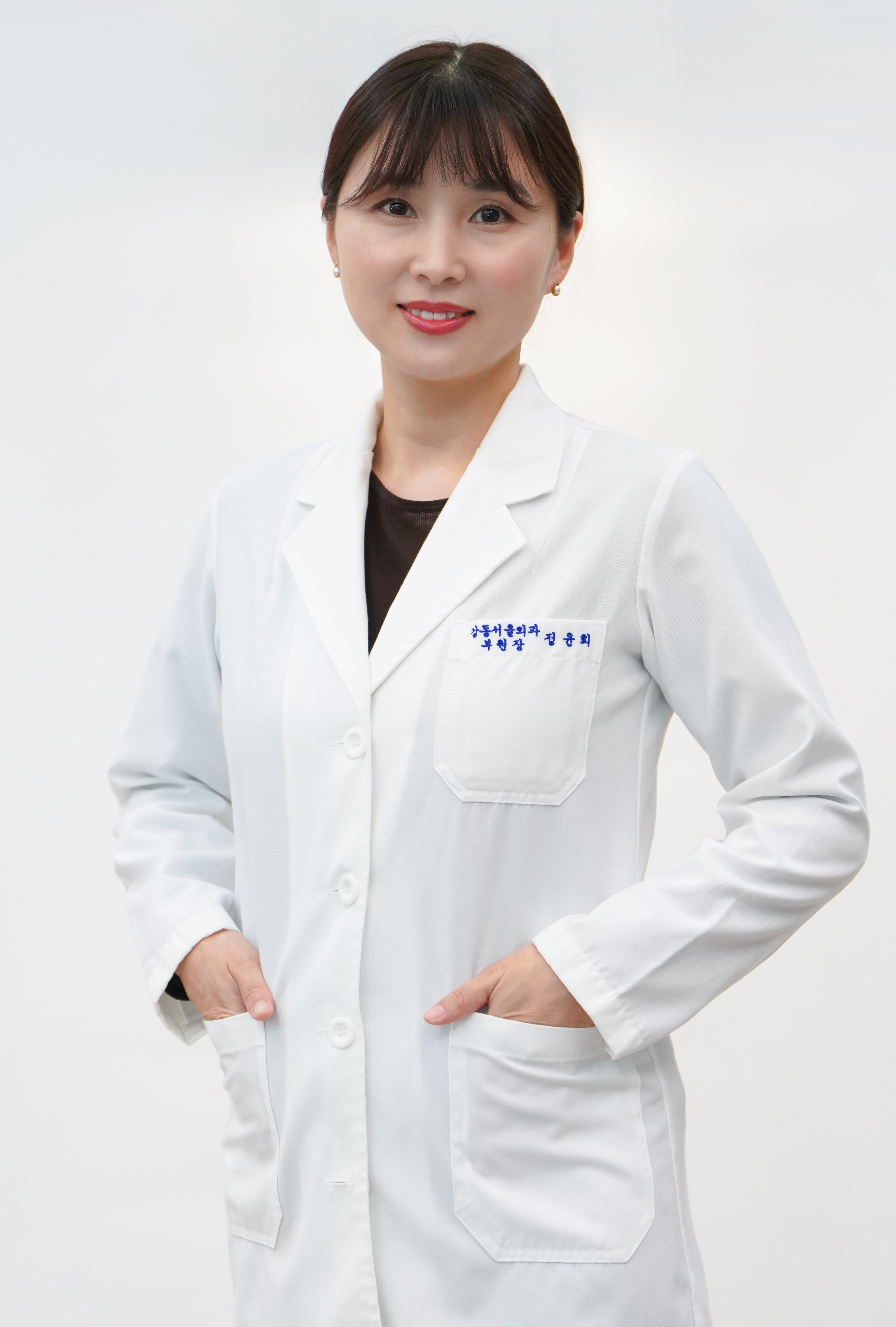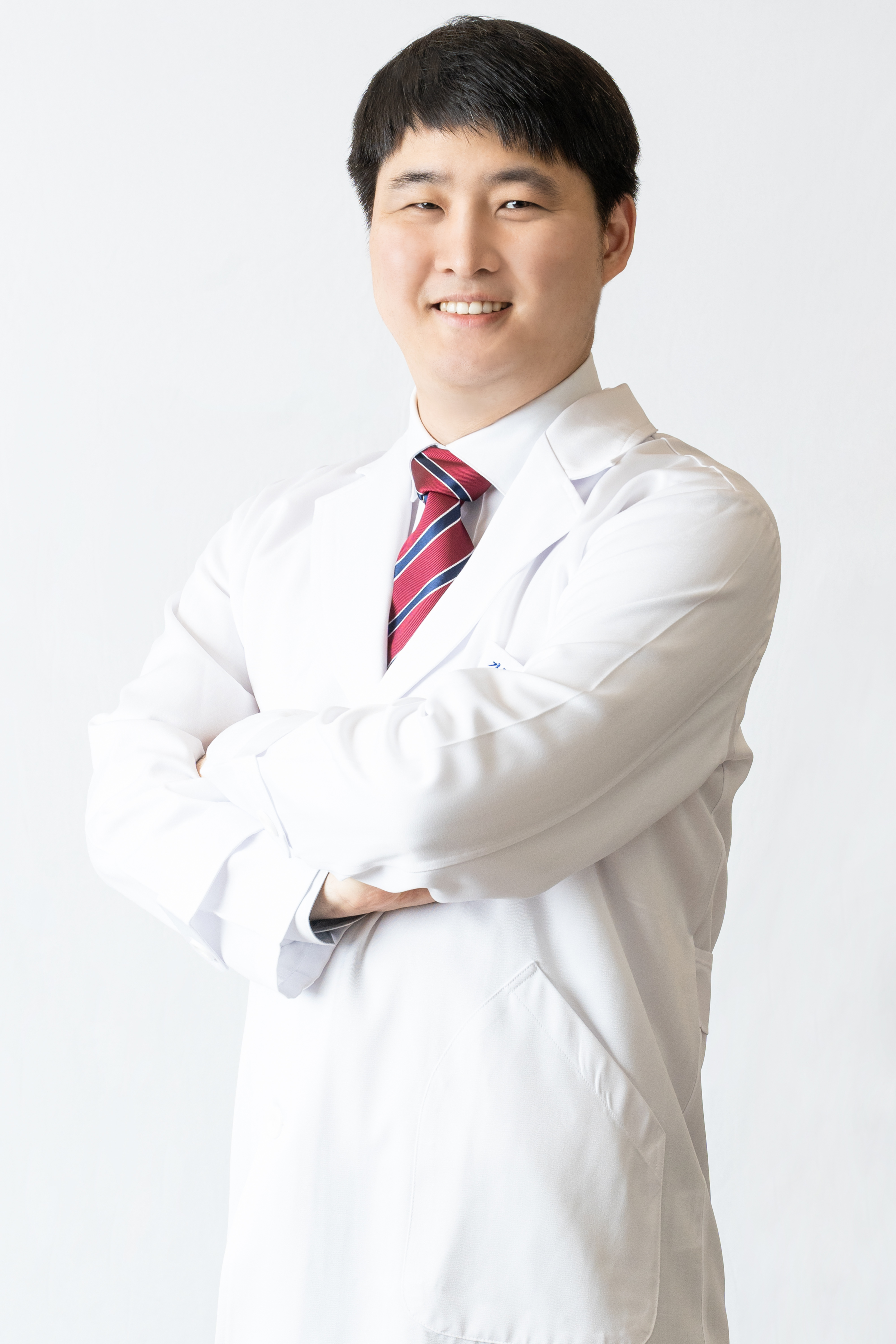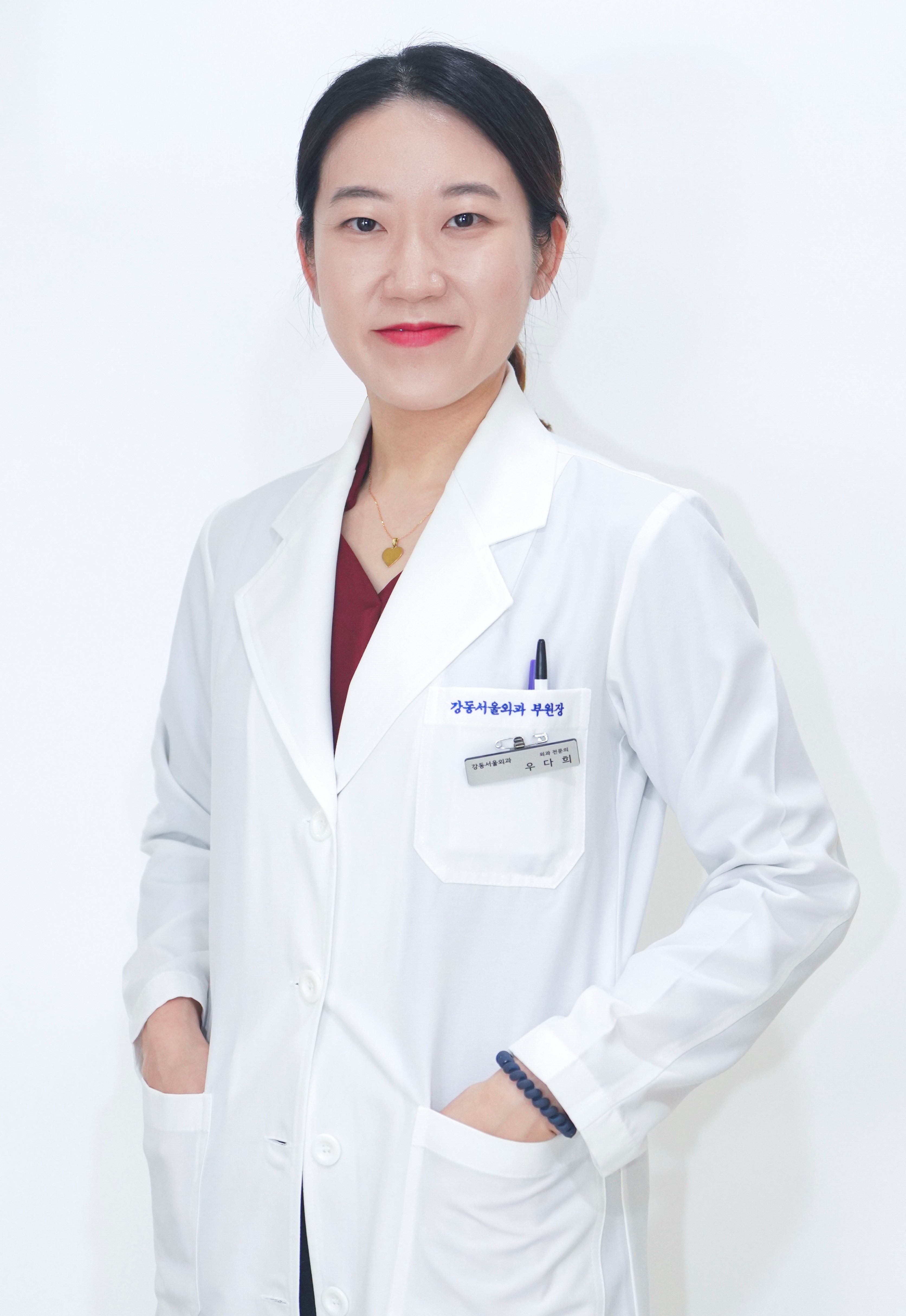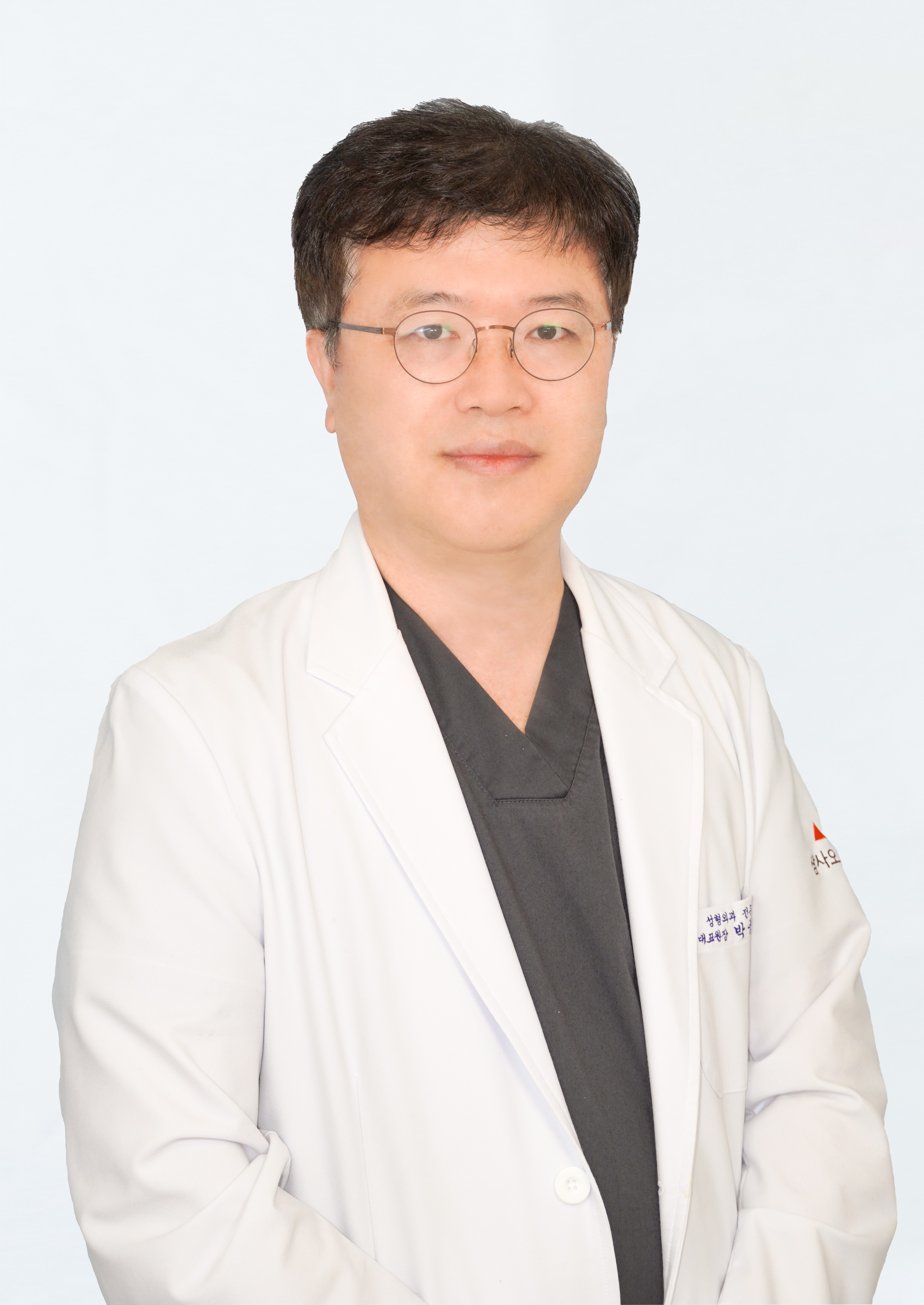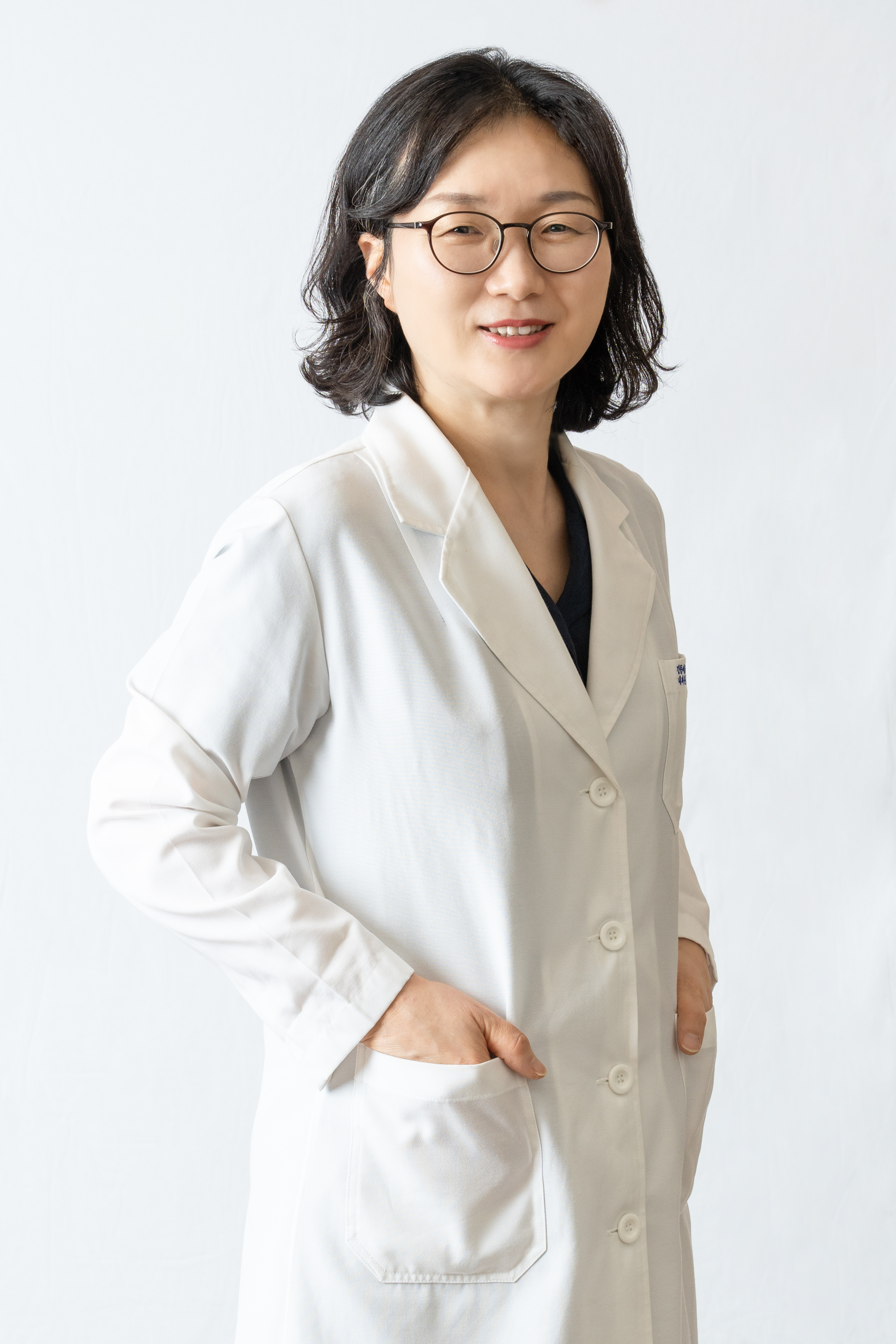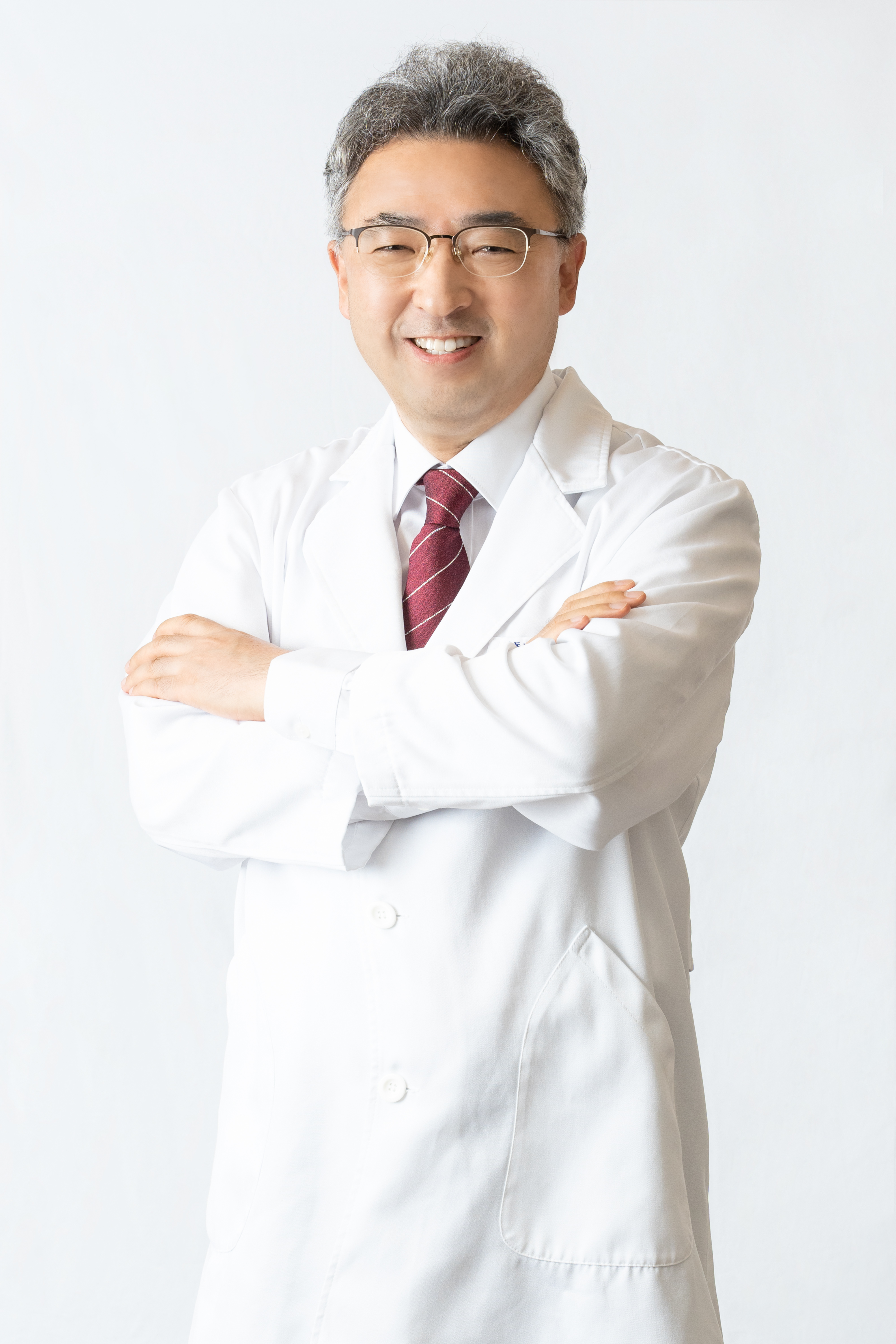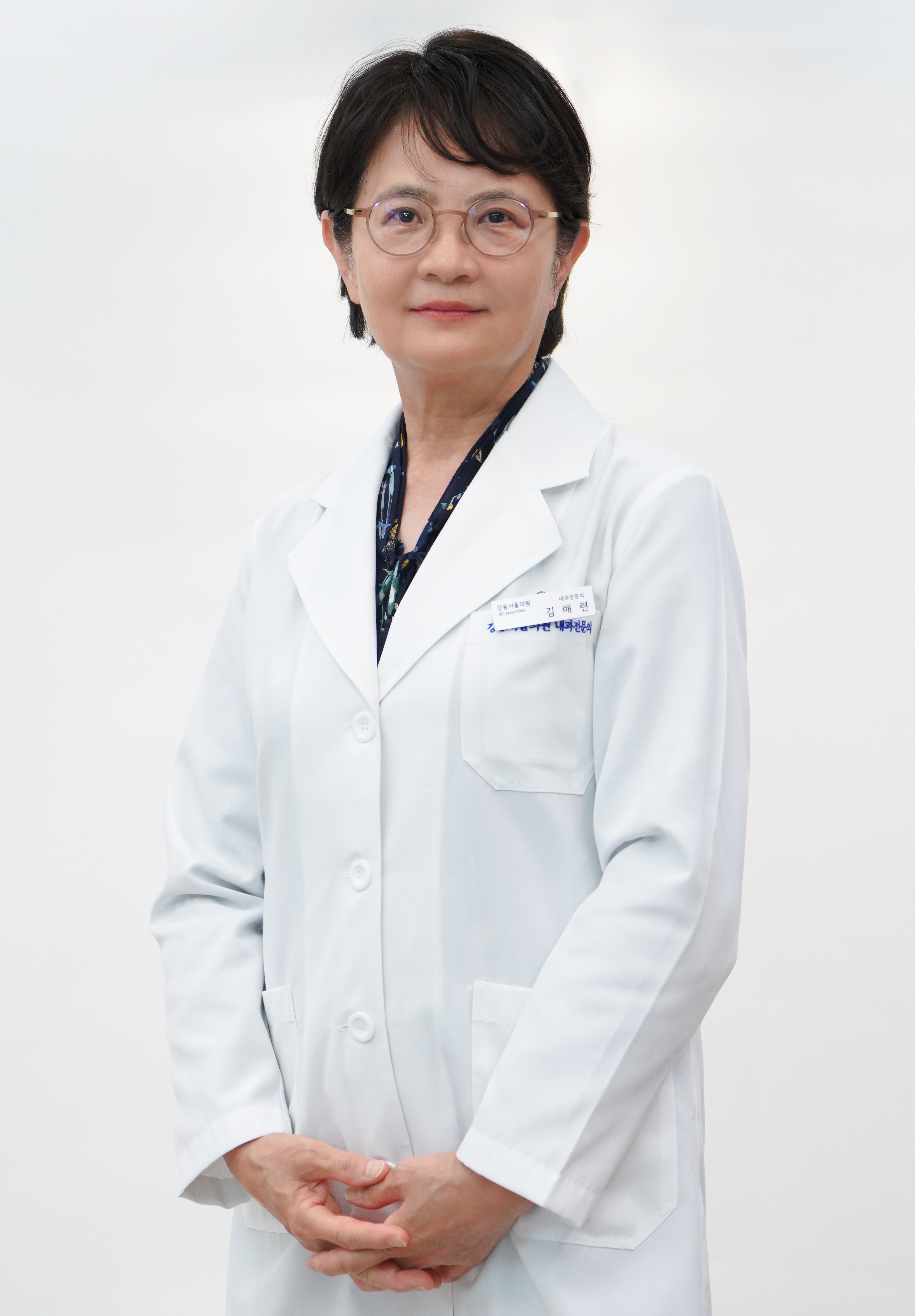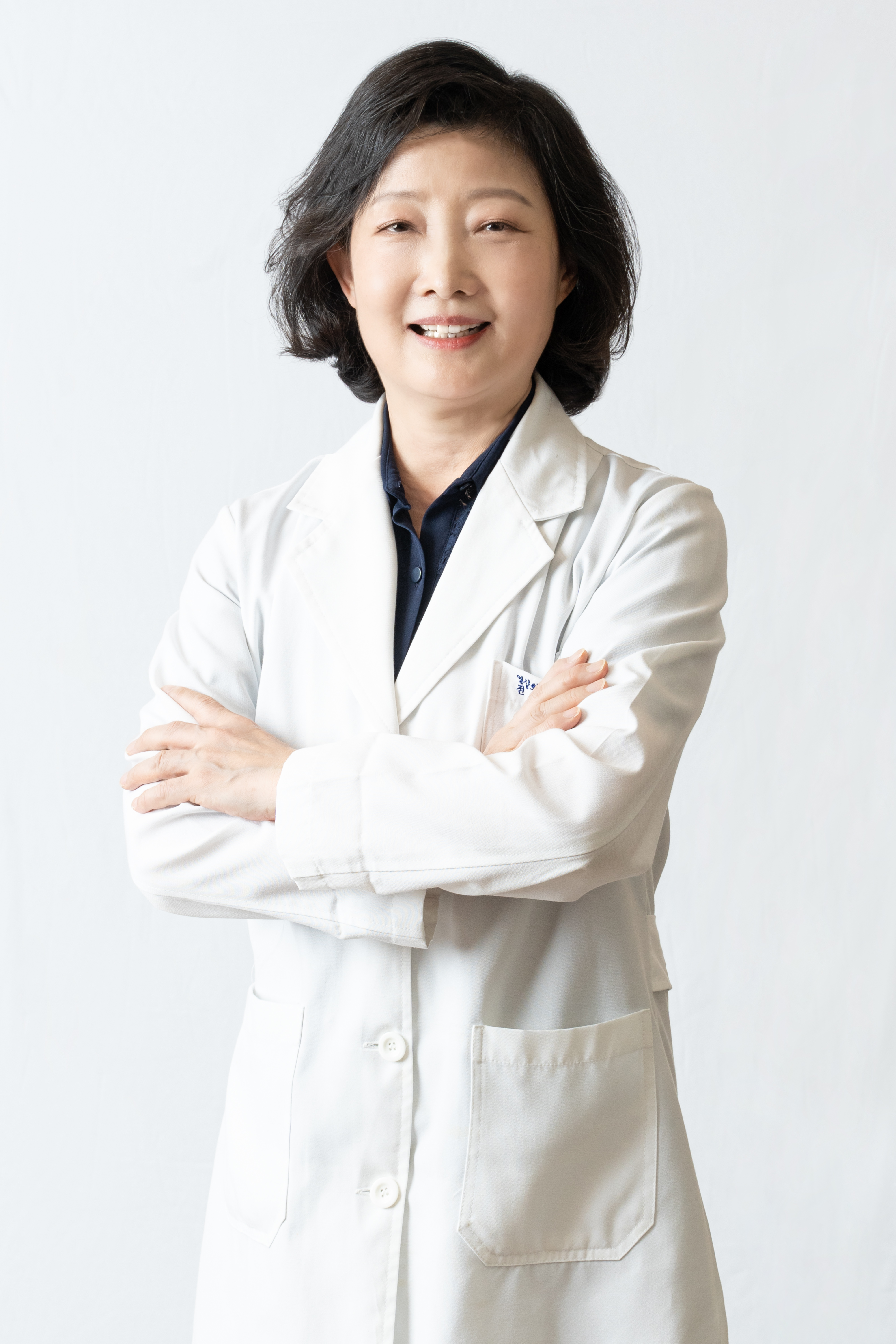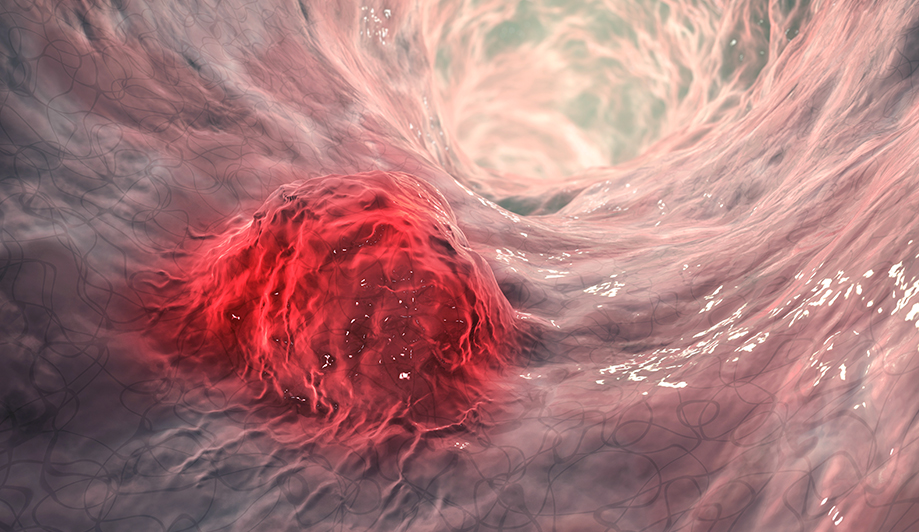
Early detection is key for colon cancer!
Colon cancer has been steadily increasing since the 1980s due to westernization of lifestyles, and the increase in colon cancer is more pronounced than rectal cancer.
Colon cancer occurs at similar rates in both genders, with no significant gender differences, and is increasing with age.
-
01
What's Special About Colonoscopy at Gangdong Seoul Colorectal Surgery Clinic
-
Sedation
We use safe sedation to make your colonoscopy safe and comfortable.
-
Experienced and skilled doctors
Our doctors have tens of thousands of colonoscopies under their belts, so complications and after-effects are rare.
-
Thorough sterilization
Certified endoscopic instruments are cleaned and thoroughly sterilized.
-
Same-day surgery for colon polyps
If a polyp is found on the same day as your exam, you can have it removed immediately.
-
Fully equipped endoscopy suite and recovery room
We have a fully equipped endoscopy suite and recovery room for patient monitoring.
-
Early disease diagnosis
We detect, diagnose, and treat colon cancer, polyps, and other colorectal diseases at the earliest stage.
-
-
02
Causes of colon cancer
-
 Genetic Factors
Genetic Factors
About 10% of colon cancers are caused by genetic factors.
-
 Environmental Factors
Environmental Factors
-
 Lifestyle
Lifestyle
low fiber intake, high intake of animal fats, and physical inactivity.
-
 Cholecystectomy
Cholecystectomy
Increased secretion of bile after cholecystectomy.
-
-
03
Symptoms of Colon Cancer
Symptoms of colon cancer vary depending on many factors and can include changes in bowel habits, bleeding, mucous stools, anal pain, abdominal pain, weight loss, and perforation. If you experience any of these symptoms, you should visit a doctor and have a colonoscopy to get a diagnosis.
-
04
Treatment of Colon Cancer
-
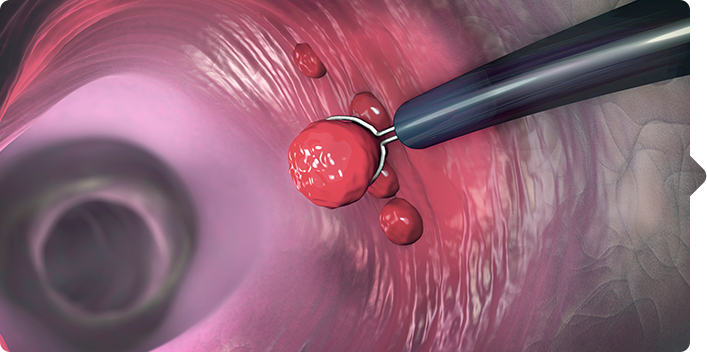
Surgical resection
As colon cancer progresses, surgical resection may be combined with pre- and postoperative radiation therapy, adjuvant chemotherapy, and immunotherapy.
-
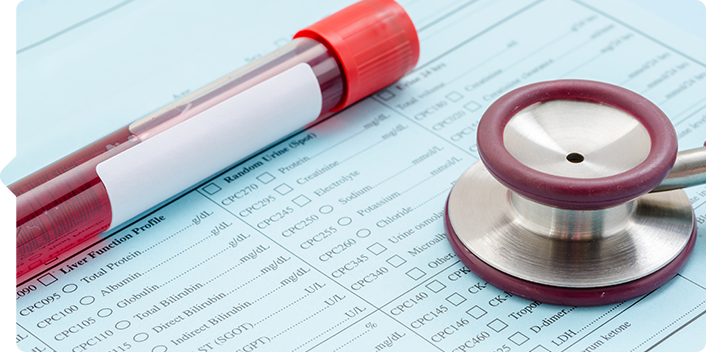
Early detection through regular check-ups
Regular check-ups should be performed after surgery to detect recurrence early.
Inflammatory bowel disease
| Ulcerative colitis | Crohn's disease | |
|---|---|---|
| Causes | Ulcerative colitis is a non-specific inflammatory bowel disease that causes inflammation and ulceration of the mucosal lining of the colon. It can affect anyone of any gender or age, but is most common in people in their teens and 30s. Autoimmune, infection, food, smoking, and psychological factors have been reported but not confirmed as causes of ulcerative colitis. | Crohn's disease is a non-specific inflammatory bowel disease of the gastrointestinal tract that can occur anywhere in the gastrointestinal tract, from the mouth to the anus. Smoking is thought to be a risk factor for the disease, as most people with the condition are smokers, and first-degree relatives of people with Crohn's disease are 17-35 times more likely to develop the disease than the general population, suggesting a genetic component. |
| Symptoms | In ulcerative colitis, abdominal pain is mild or absent, and you may have diarrhea and mucus passage as the lining of the colon becomes inflamed. If the disease is severe or long-standing, symptoms may include malnutrition, loss of appetite, weight loss, and anemia. | Symptoms in people with Crohn's disease can vary widely, but abdominal pain is very common, often periodic and often due to intestinal obstruction. Diarrhea is rare, and fever may be observed occasionally, often due to an abscess in the abdominal cavity. In prolonged cases, anorexia, weight loss, anemia, and generalized weakness may also be present. |
| Treatment | Most patients with ulcerative colitis can be treated with medications, but treatment of nonspecific ulcerative proctitis or proctosigmoiditis is often uncertain and relies on empiric therapy. The most common medication is sulfasalazine with 5-ASA, but other treatments include steroid therapy, immunosuppressants, and stool softeners. | As with ulcerative colitis, the treatment of Crohn's disease is primarily pharmacologic, with sulfasalazine and steroids being the first-line drugs of choice, and intravenous or oral hypernutrition is recommended as an adjunctive therapy. The goal of surgery in Crohn's disease is not to eradicate the disease, but to treat complications, and surgery is indicated when complications such as abscesses, fistulas, perforations, and intestinal obstruction occur. |


